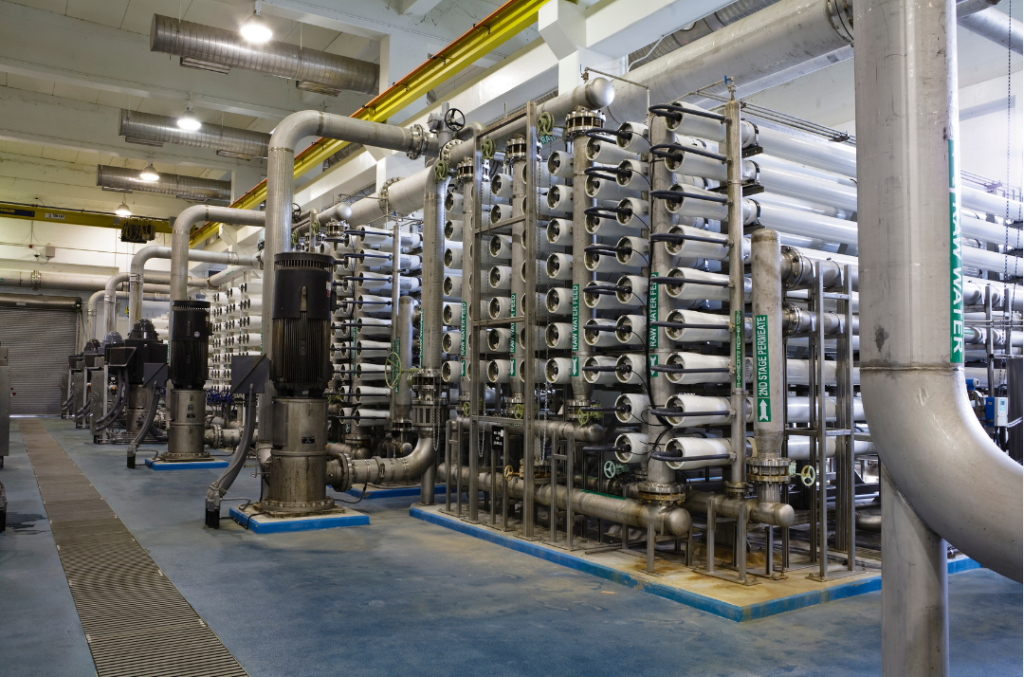What is Drinking Water?
Drinking-Water is water that is appropriate for drinking, cooking, and other various purposes according to the requirement. The required amount of drinking water for a healthy life may differ according to personal health, age, & physical activity situations. People who worked in a hot climate are required to drink 14 to 16 litres of water in a day, whereas 3 to 4 litres of water is suitable for the people who work in a cold or normal climate. According to the report of the Central Public Health & Environmental Engineering Organisation is reported that the standard norm for domestic water usage in India is 135 litres per capita in a day (LPCD).

What is the TDS Limit of Drinking/Portable Water?
As everyone knows, Water is one of the main requirements of living alive. A person can hardly survive for a few days without drinking water and 70 to 80% of our body is water, therefore it’s very important to measure the TDS limit of drinking water.
TDS Stands for Total Dissolved Solids or total concentration of dissolved substances present in water and includes inorganic salts and organic matter of small amount. Inorganic salts contain C-H bonds and are manufactured from cations that are positively charged such as calcium, magnesium, potassium, & sodium as well as negatively charged anions such as sulphide, fluoride, chloride, & bromide. TDS measure in PPM (Parts Per Million) format and helps to identify whether the drinking water is good enough to drink or filtration is required. Between 50-150 PPM finds very good for drinking, 150-250 finds good, 250-300 finds fair, 300-500 finds poor, or above 1200 is very poor and unacceptable.
What are Precautions to Avoid Waterborne Diseases?
According to a report of the World Health Organization (WHO), it is found that around 3.1 % of deaths in the world occur due to unhygienic and low-quality water & approx. 80% of diseases are waterborne worldwide. It is a very dangerous disease and occurs from drinking polluted water due to industrial & commercial waste, human waste, animal waste, garbage, & chemical effluents, etc.
Some of the useful precautions are needed to follow to prevent waterborne diseases are:
- Always make sure that the water you will drink is clearly visible & free from any kind of sand silt.
- Always drink purified and clean water.
- Use water purifying devices like filters, RO units, etc, and maintain them properly from time to time.
- Always wash your hand with soap or sanitizers while drinking water.
- Make sure that the stored water is germ-free or not.
- Use clean utensils for drinking water.
- Clean your vegetables & fruits with pure water
- Avoid eating oily & unhygienic food.
Benefits of Domestic & Industrial RO
RO stands for Reverse osmosis, it is a pressure-driven membrane separation technology with an operating pressure of 1.5–12 MPa and a cut-off limit of 0.1–1 nm and can help remove all kinds of suspended solids, dissolved matters, and colloid from the water and making it usable for household purposes. It is very beneficial to use as it does not require any kind of harmful chemical in the filtration process for producing drinking water.
What are the Benefits of Water Softener?
Water Softener is a Wastewater Treatment technology and is used for treating hard water and making it usable through the ion exchange and precipitation methods. As hard water contains an excess amount of calcium and magnesium which is very highly dissolved in water but not suitable for drinking purposes.
There are several benefits of using water softener such as:
- It makes washing effortless.
- It makes our skin and hair clean & smooth.
- It increases the life of water appliances such as ice makers, dishwashers, water heaters, laundry equipment, etc.
- It saves our money by minimizing the running cost of appliances.
- It increases the water flow rate.
- It is very environment friendly & provides high-quality water.
It is very easy to install and operate.